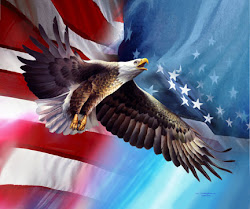The battle of Lexington and concord was the bloody conflict that marked the beginning of open hostile in the America revolutionary was.
On April 18, 1775, Thomas gage, the leading British general planned to seize weapons and ammunition at concord, Massachusetts, and to kill John Hancock as well as other leaders of the American Revolution. Paul revere, William Dawes and Samuel Prescott rode to Lexington, Massachusetts and then to Concord in order to spread a warning. The British caught up to the riders and managed to arrest Dawes and Revered, but Prescott escaped. Prescott reached Lexington and warned the leaders to hide, and they did.
The next day, April 19, revolutionary forces quickly gathered a militia, known as the minutemen, at Lexington. Though the Americans were overwhelmed by British when they used conventional tactics, they found greater success with guerrilla tactics.
The British troops were met first by 77 minuteman at Lexington Green. After a stand-off, a shot was fired, which was the catalyst for the battle. Exactly who or which side fired the first shot is lost to history, but it came to be known as The Shot Heard ´Round The World. In the ensuing battle, the British drove off the revolutionaries. They then advanced to North Bridge in concord and were met by 300 to 400 colonists, who drove the British back to Boston and forced the British to retreat without seizing the arms cache. The American Revolutionary War had begun. The events were the stage for the Henry Wadsworth Longfellow poem: the Midnight Ride of Paul Revere.









